Northern Ireland remains a land of unresolved issues and mounting tensions post-Brexit. But how deep do these conflicts run, and what are their potential repercussions?
1. Assembly Shutdown
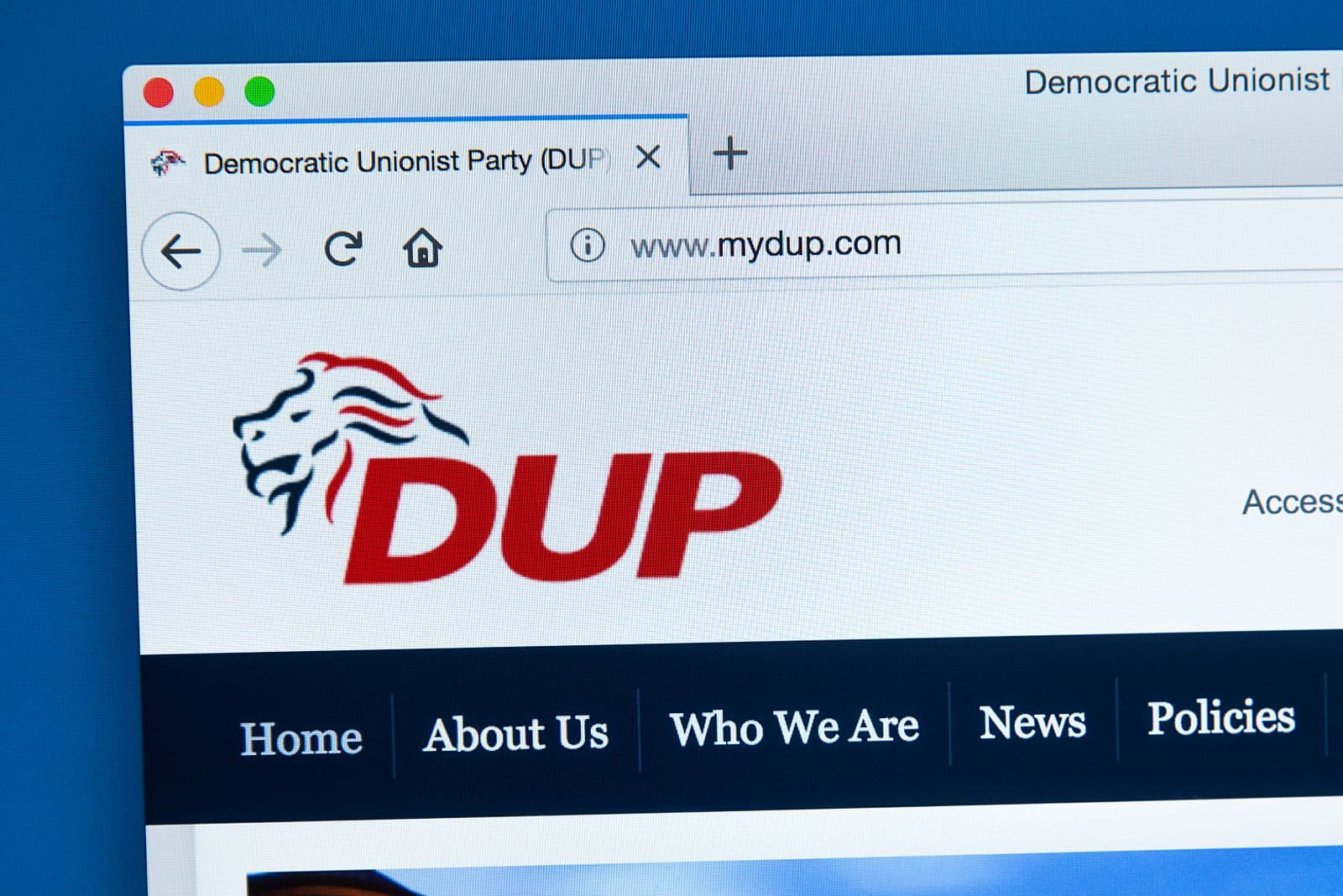
The Democratic Unionist Party (DUP) has boycotted the Northern Ireland Assembly since early 2022, unhappy with the Brexit-induced Northern Ireland Protocol. This boycott has left the region without its own functioning government, causing major political instability.
2. Economic Growth vs. New Challenges

While Northern Ireland enjoys unique economic benefits from barrier-free access to the EU, new trade checks on goods from the UK have stirred local business unrest. The logistical nightmares and increased costs are a source of significant frustration.
3. Riots in Belfast
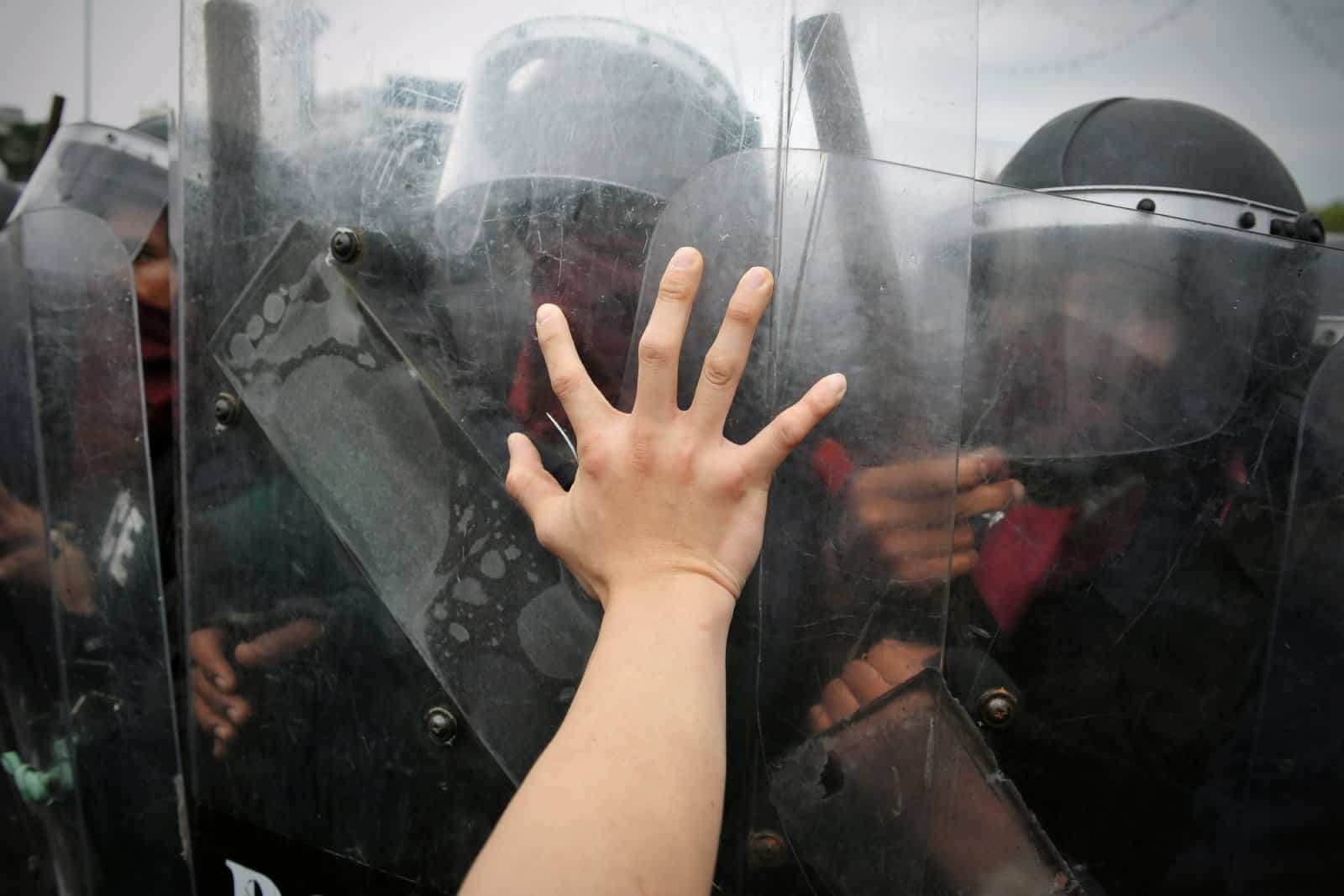
April 2021 was marred by violent riots in Belfast, fueled by dissatisfaction with the Northern Ireland Protocol. This violence not only injured several police officers but also underlined the fragile peace in the area.
4. Identity Shift

More residents now identify as Irish rather than British, a trend that’s deepening political divides. This growing sentiment for unification with Ireland is causing anxiety among unionists about the future.
5. Border Checks Backlash
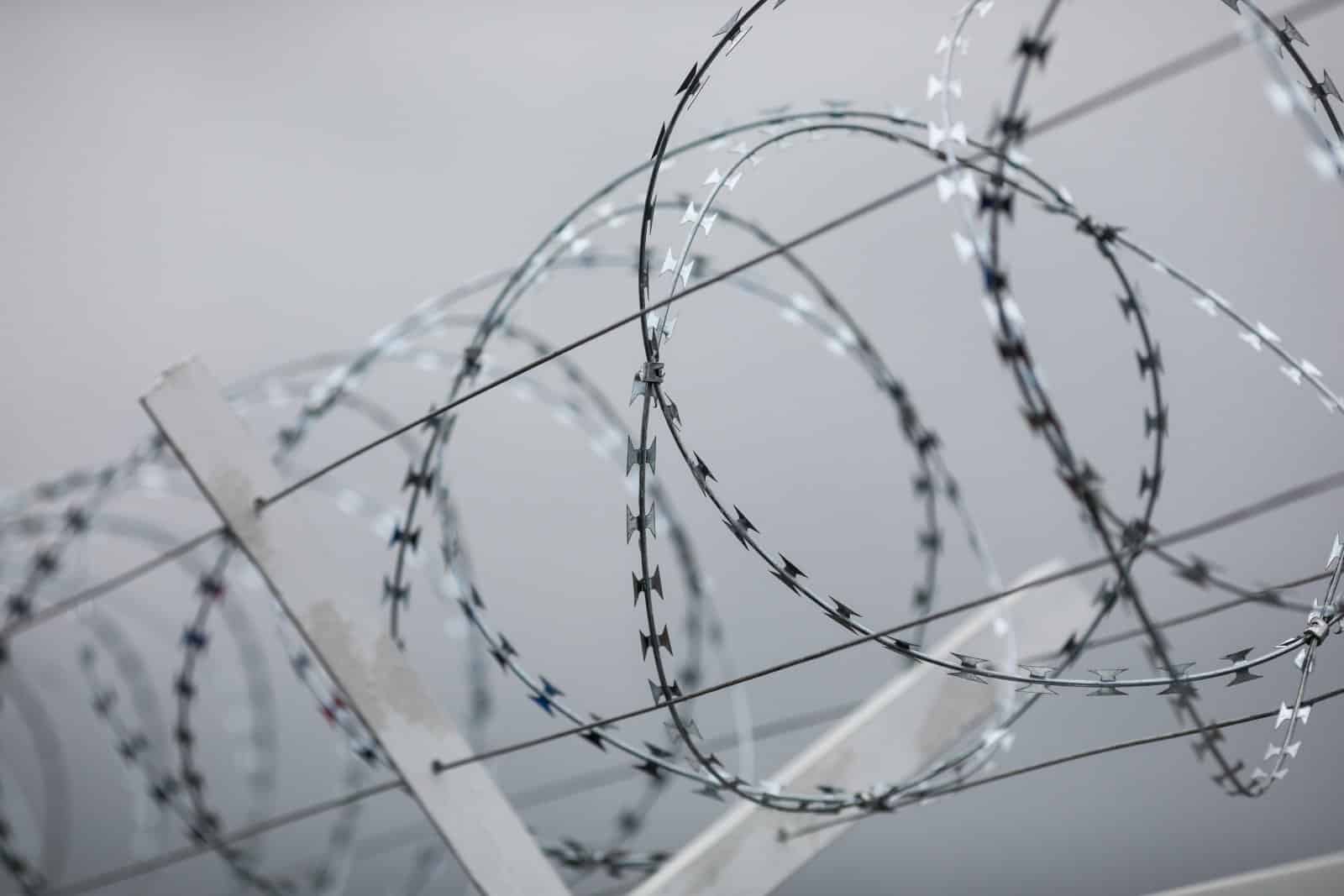
Checks on goods at Northern Irish ports have effectively created a border in the Irish Sea, much to the dismay of unionists. These new barriers are seen as a threat to the union with Britain.
6. Ongoing Legal Disputes
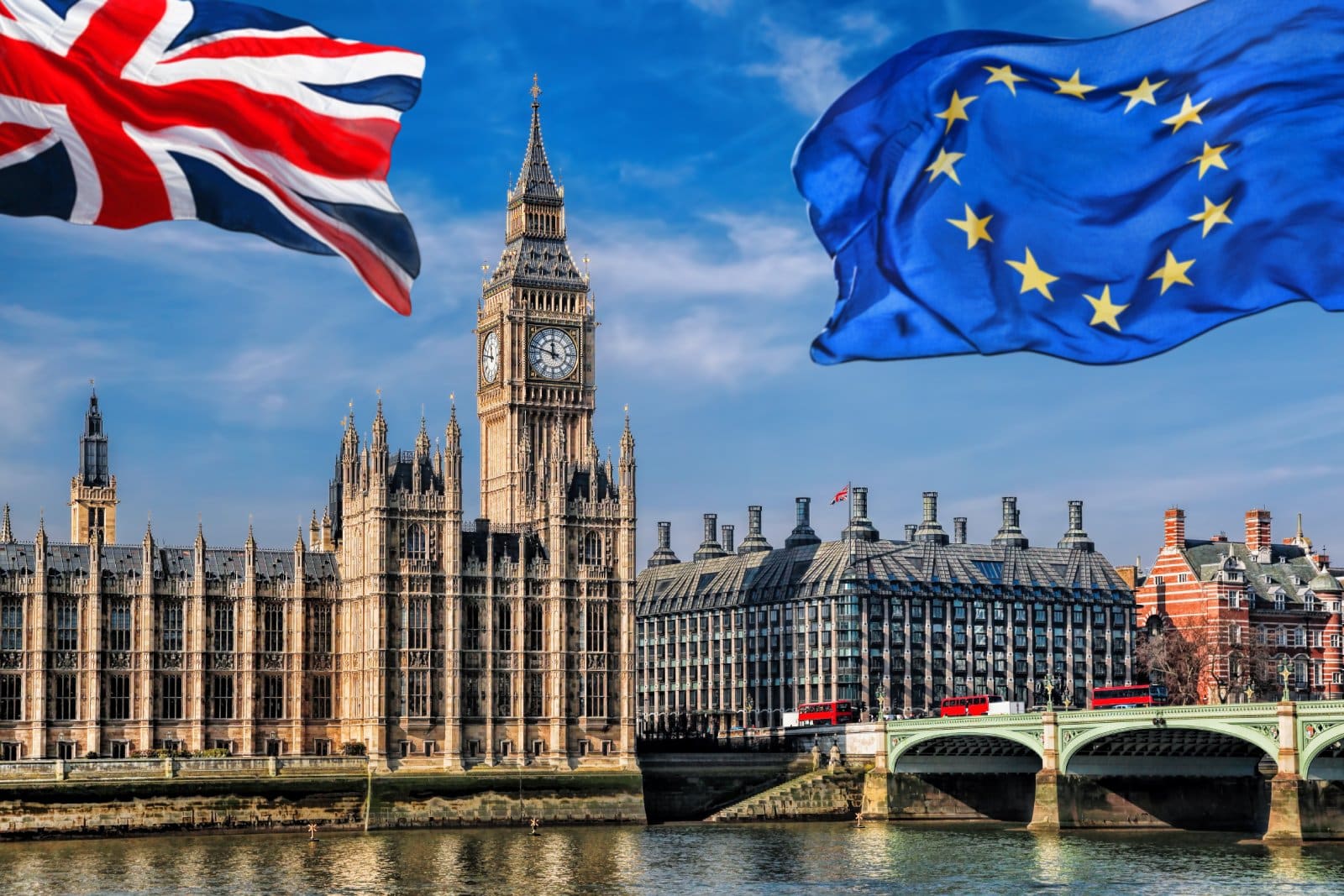
The UK and EU continue to clash over how to implement the Northern Ireland Protocol, leading to diplomatic tensions and legal battles. These disagreements add layers of uncertainty for the region’s people.
7. Risk to Peace Agreements

Brexit’s implications threaten the stability of the Good Friday Agreement, a cornerstone of peace in Northern Ireland. The changes introduced have sparked concerns about the future of this peace.
8. Economic Disparities
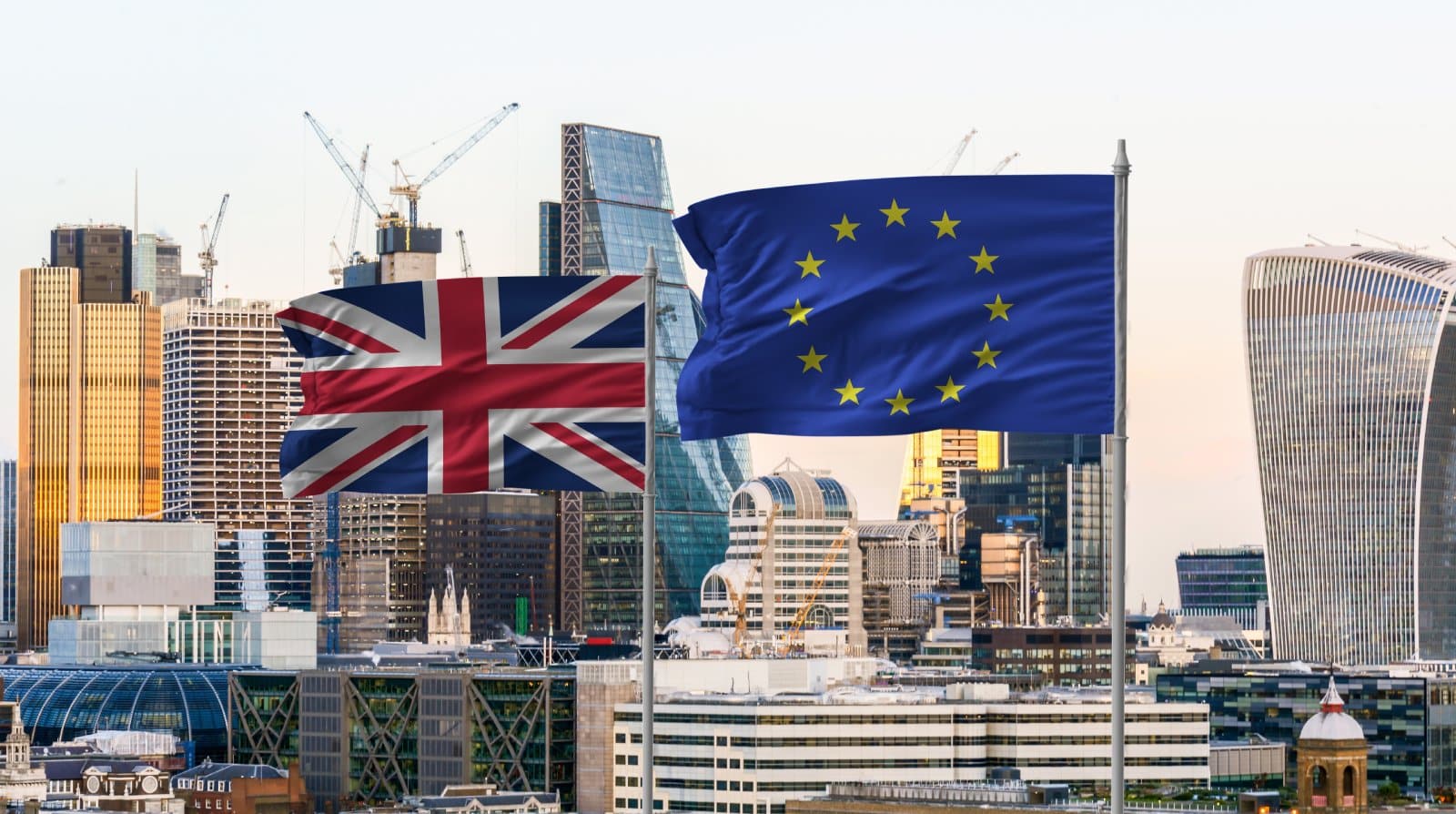
The unique trading position of Northern Ireland creates different economic realities within the community, leading to discontent and complicating the political climate.
9. Leadership Hurdles
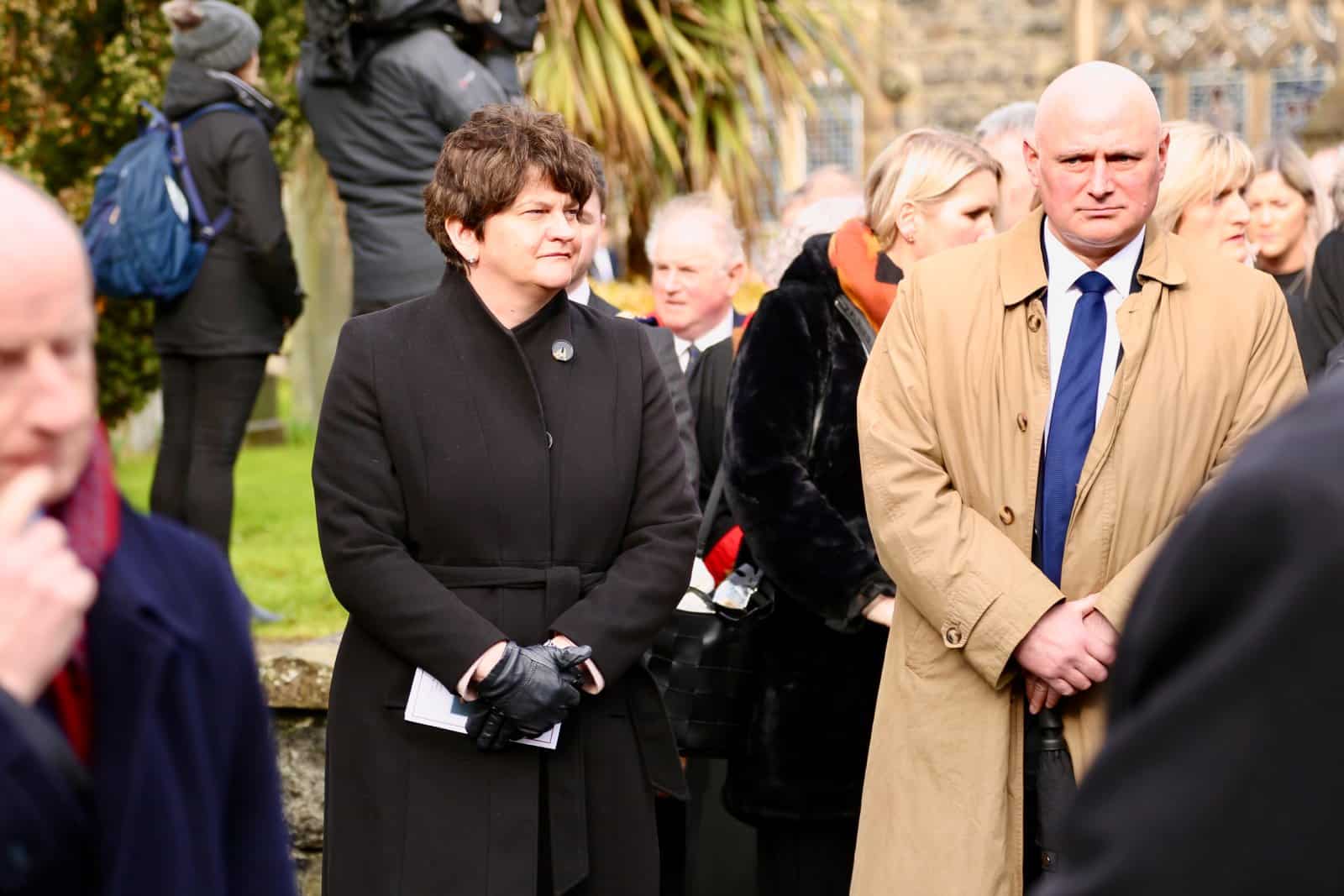
Political leaders like Arlene Foster and Michelle O’Neill face immense challenges in steering Northern Ireland through the Brexit aftermath. Their every move is closely watched and critically judged.
10. US Involvement
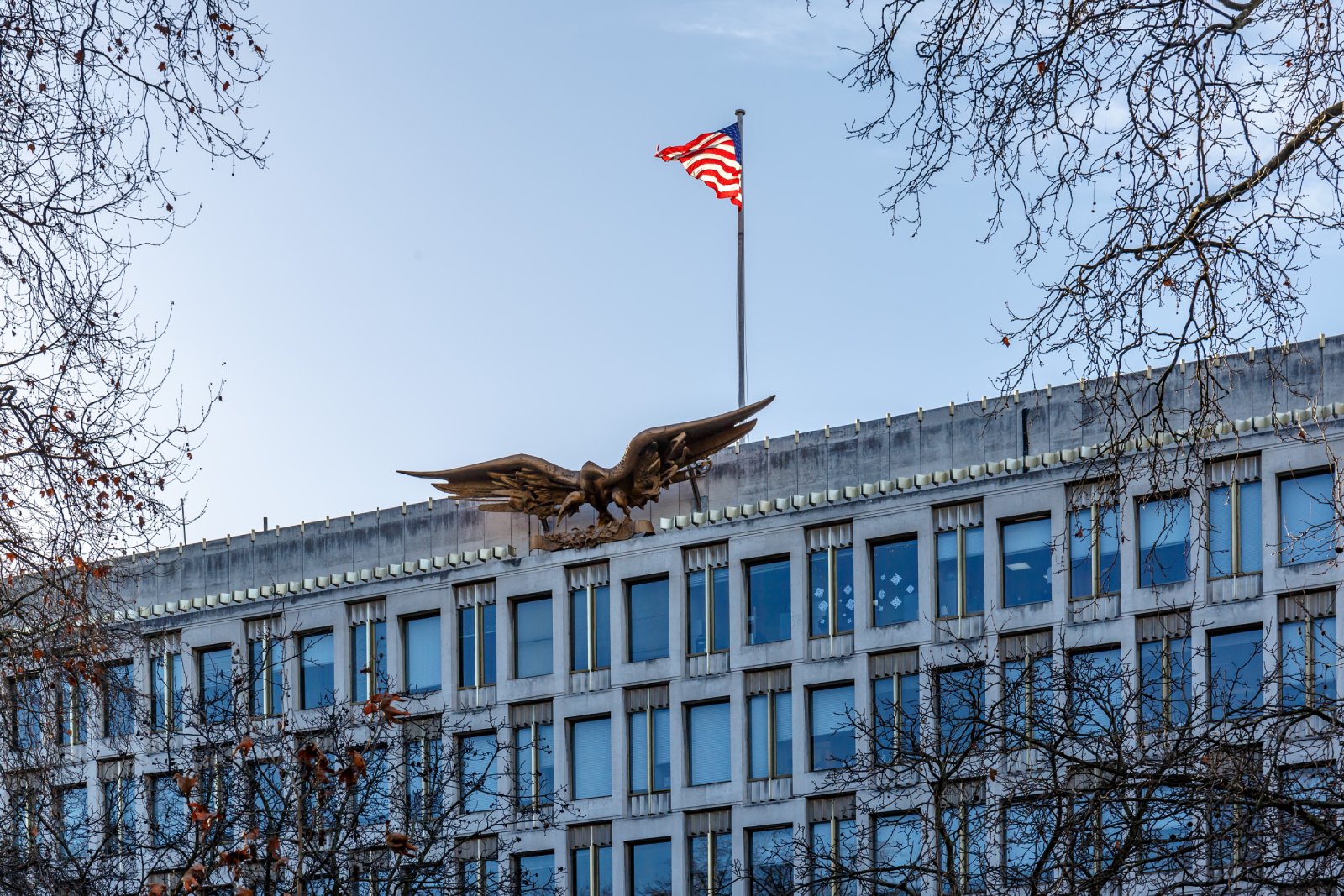
The US has voiced concerns about Brexit’s impact on Northern Ireland’s peace, emphasizing international interest in the region’s stability. This global dimension puts additional pressure on UK and EU negotiations.
11. Divided Communities
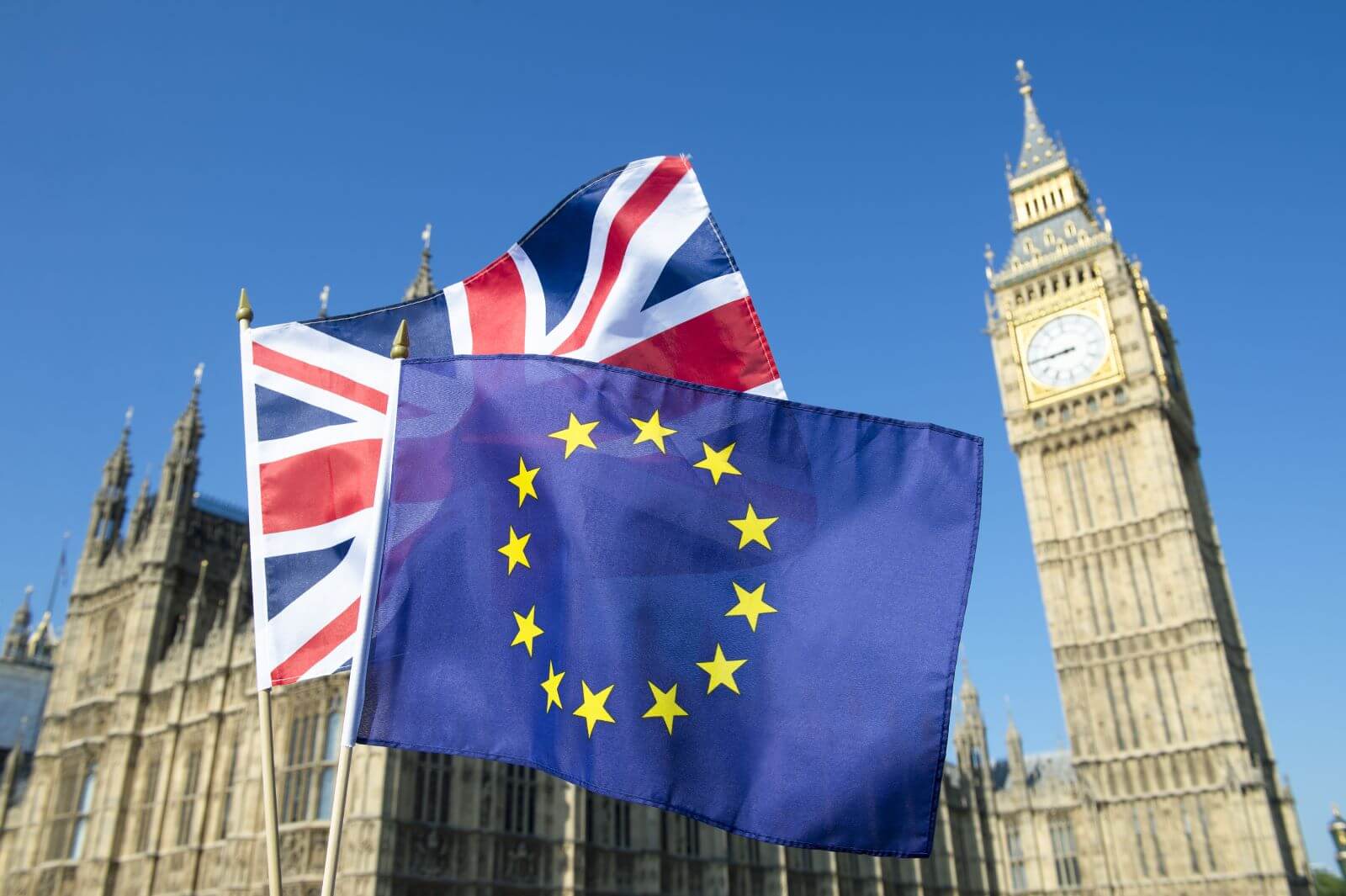
Brexit has intensified identity politics, causing further polarization between different community groups. This division is testing the region’s social fabric.
12. Political Realignment

Changing public opinions on nationalism and unionism are reshaping Northern Ireland’s political landscape, possibly affecting how the region is governed in the future.
13. Trade Tensions

The Northern Ireland Protocol has stirred trade tensions, as industries navigate a complex set of UK and EU regulations. These tensions bring uncertainty and worry to local businesses.
14. Global Trade Focus
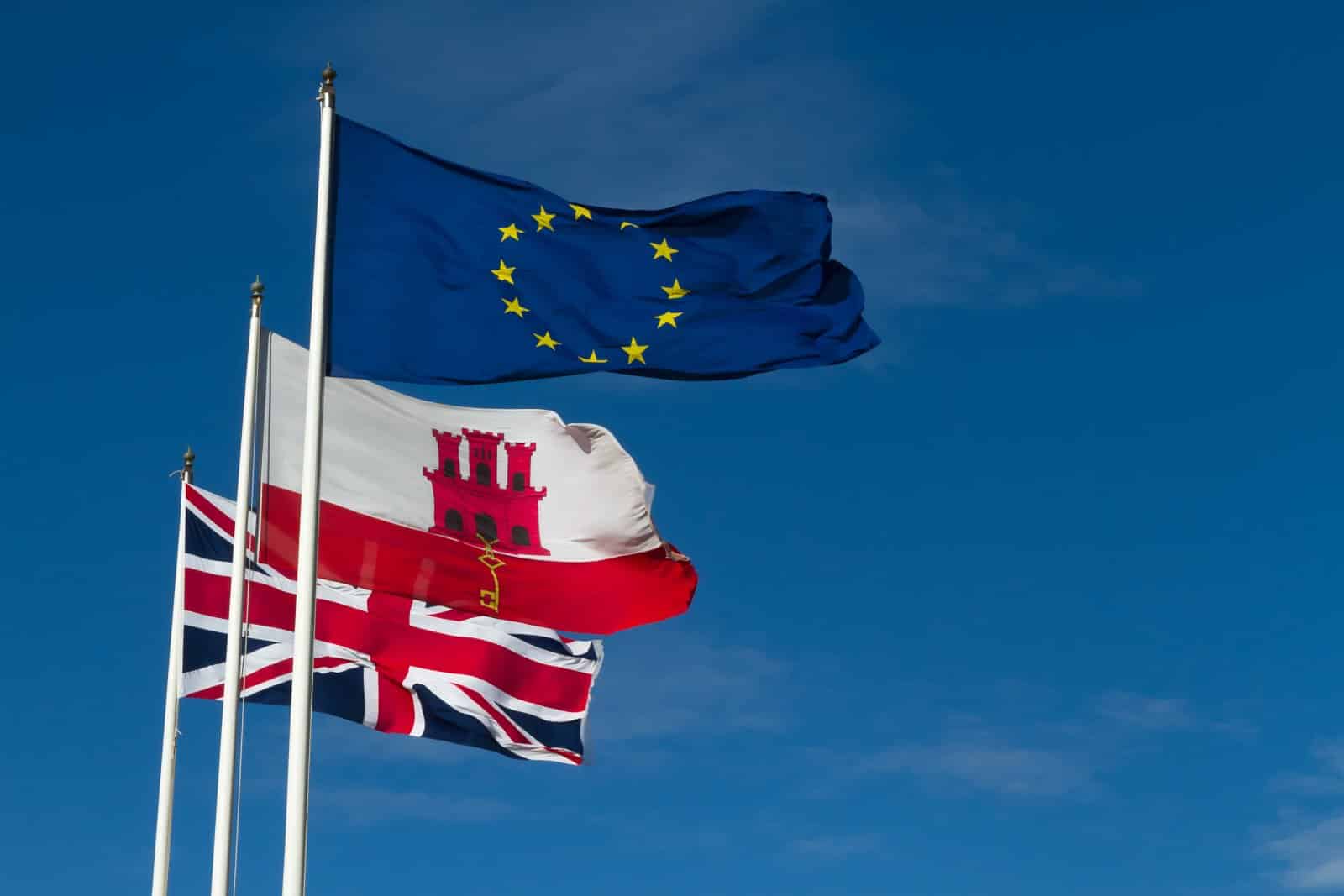
Northern Ireland’s unique trade position post-Brexit subjects it to intense scrutiny and diplomatic pressure from both the UK and the EU, leading to tough negotiations and adaptations.
15. Power-Sharing Peril
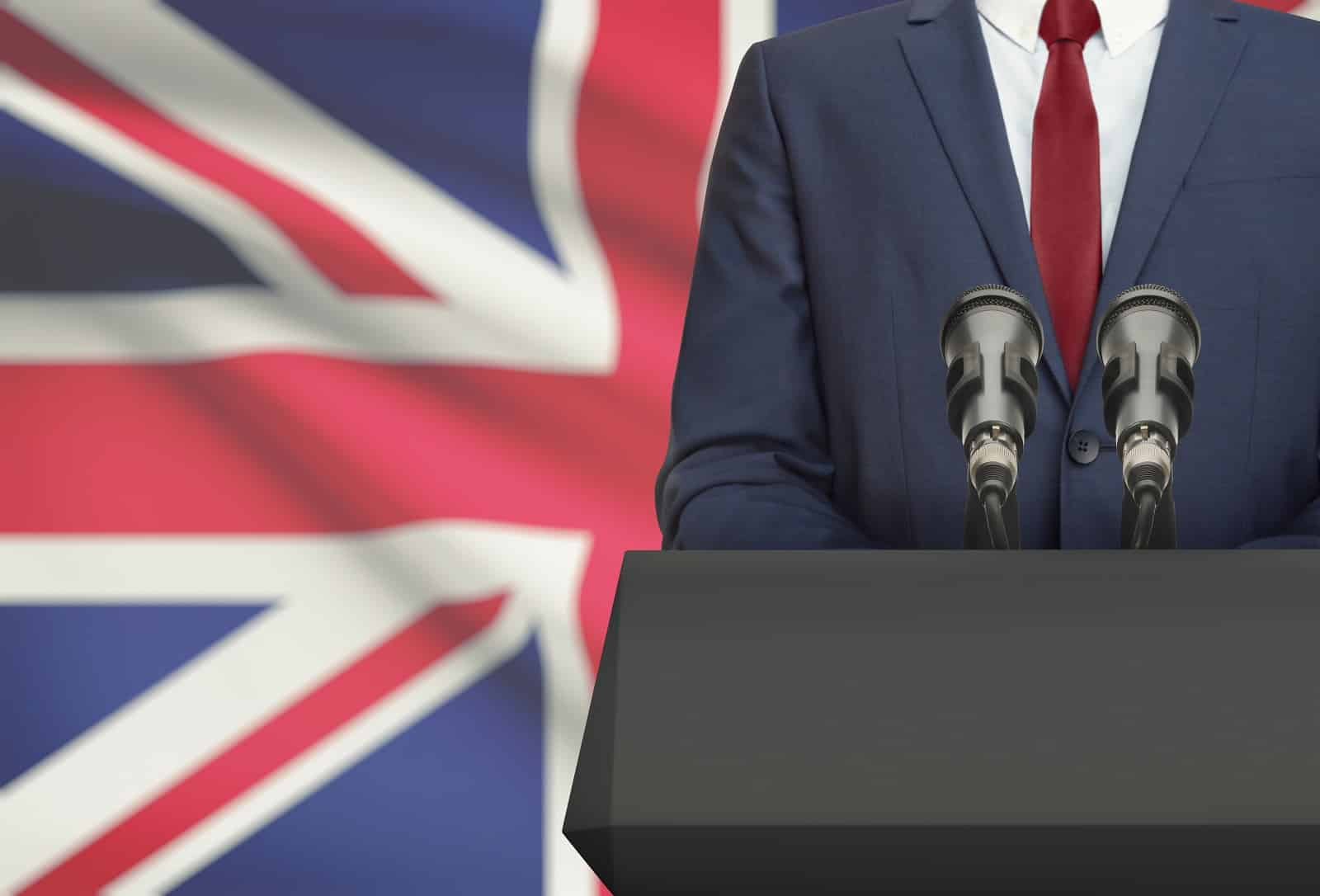
The ongoing political instability threatens the power-sharing agreement that’s central to Northern Ireland’s governance, casting doubt on the future effectiveness of this political arrangement.
Navigating a Troubled Landscape
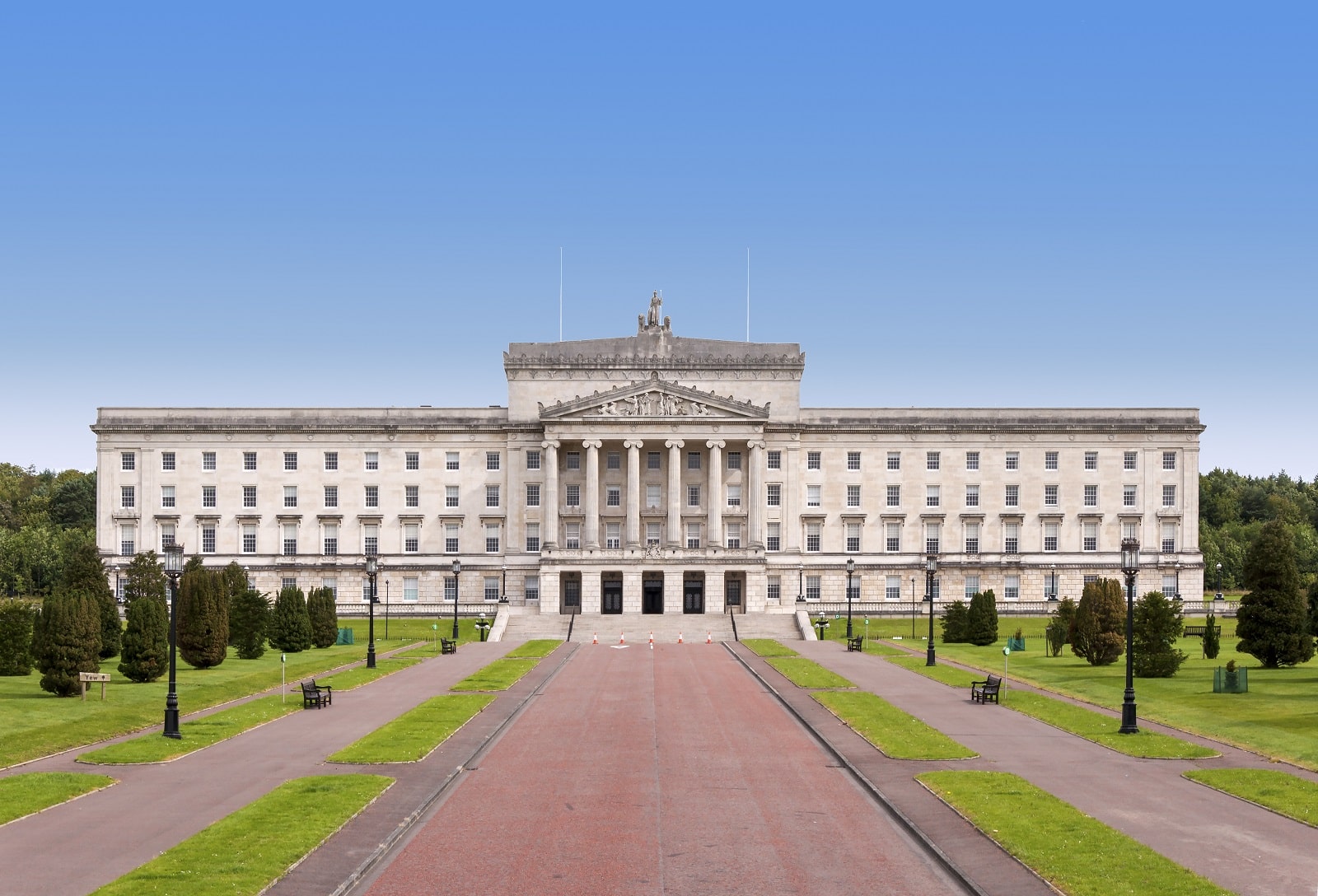
As Northern Ireland faces these multifaceted challenges, its future remains uncertain. The region is at a critical crossroads, and the choices made now will define its path forward. Will solutions be found to mend the divisions, or is Northern Ireland set for more conflict and strife?
The post 15 Rising Conflicts in Northern Ireland After Brexit first appeared on Swift Feed.
Featured Image Credit: Shutterstock / 1000 Words.
For transparency, this content was partly developed with AI assistance and carefully curated by an experienced editor to be informative and ensure accuracy.

